
An expert discusses how the use of robotic surgery improves the lives of patients with cancer, and looks forward to advancements that may come in 2024 and beyond.

Brielle Benyon, Assistant Managing Editor for CURE®, has been with MJH Life Sciences since 2016. She has served as an editor on both CURE and its sister publication, Oncology Nursing News. Brielle is a graduate from The College of New Jersey. Outside of work, she enjoys spending time with family and friends, CrossFit and wishing she had the grace and confidence of her toddler-aged daughter.
Follow Brielle on Twitter @Brielle_Benyon.

An expert discusses how the use of robotic surgery improves the lives of patients with cancer, and looks forward to advancements that may come in 2024 and beyond.
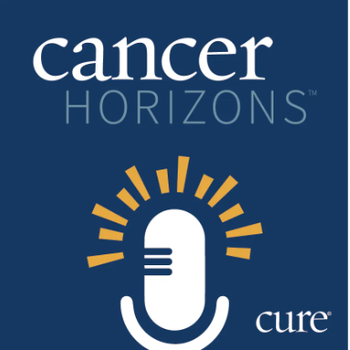
CURE® recently covered the 2023 American Society of Hematology Annual Meeting. In case you missed it, here is some news that came out of the conference that patients should know about.
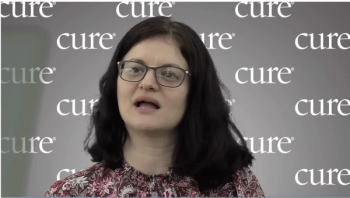
Dr. Lucia Masarova sat down with CURE® and discussed the advancements she hopes to see in 2024 for the treatment of patients with myeloproliferative neoplasms.
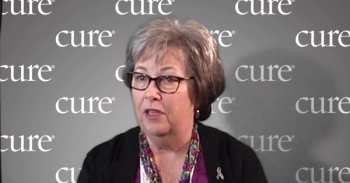
A breast cancer survivor explains “one of the beautiful things” about antibody drug conjugates in the metastatic breast cancer space.

CURE® recently covered the San Antonio Breast Cancer Symposium. In case you missed it, here is some news that came out of the conference that patients should know about.
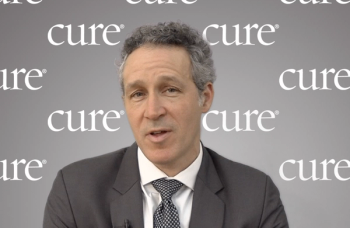
Where a patient lives may affect what kind of treatment they are offered for their CLL or SLL. However, second opinions and learning about one’s cancer diagnosis can help.

An artificial intelligence platform was able to tell the difference between patients with prefibrotic primary myelofibrosis and essential thrombocythemia. However, an expert says that there are considerations that patients must remember when it comes to the use of such programs.

Kadcyla outperformed Herceptin regarding overall- and invasive disease-free survival in patients with HER2-positive early breast cancer that still had remaining invasive disease after undergoing neoadjuvant therapy.

A triple-negative breast cancer survivor discussed disparities she faced when undergoing cancer care.

The Food and Drug Administration gave the green light to a phase 1/2 trial of KSQ-001EX for patients with melanoma, head and neck squamous cell carcinoma and non-small cell lung cancer.

From FDA concerns to a potential new drug, CAR-T cell therapies were dominating oncology headlines last week.

The scar tissue surrounding pancreatic cancer may offer prognostic insight — and potential new treatment strategies — for patients with pancreatic cancer.

Zotatifin plus Faslodex and Verzenio was granted as a Fast Track Designation for the treatment of ER-positive, HER2-negative advanced or metastatic breast cancer.

The Food and Drug Administration approved Jaypirca for patients with chronic lymphocytic leukemia or small lymphocytic lymphoma who received two or more lines of therapy.

The Food and Drug Administration granted a Breakthrough Therapy Designation to Epkinly to treat patients with relapsed or refractory follicular lymphoma.
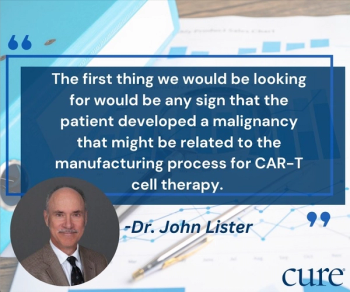
An expert discusses the FDA’s investigation into the possible association between CAR-T cell therapy and secondary T-cell malignancies.

The FDA announced rare instances of secondary diseases or cancers from CAR-T cell therapy, though this is not the first time that oncology treatments have been associated with secondary diseases.
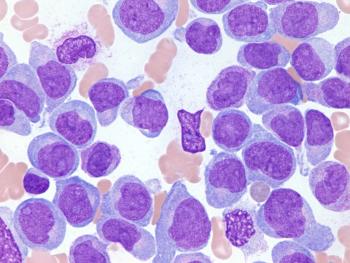
Maintenance treatment with Nexavar improved survival in patients with FLT3-ITD acute myeloid leukemia, research showed.

The Food and Drug Administration approved six new cancer therapies in November 2023.

Last week brought three more FDA approvals in the oncology space, as well as some research in neuropathy prevention and the diabetes-cancer connection.

The Food and Drug Administration approved Xtandi for non-metastatic castration-sensitive prostate cancer at high risk for biochemical recurrence.

The Food and Drug Administration approved Keytruda plus chemotherapy for the treatment of patients with advanced HER2-negative gastric or gastroesophageal junction adenocarcinoma.

An expert discusses why patients with melanoma may undergo treatment even after their tumor was surgically removed, and how melanoma became the “poster child” for immunotherapy.

CURE® spoke with the director of oncology pharmacy at Massachusetts General Hospital about recent cancer drug shortages that have been making headlines.
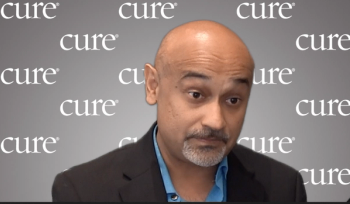
Stereotactic radiation is promising in treating patients with metastatic kidney cancer and may delay the time until patients need further treatment, an expert said.

Patients who had low levels of vitamin D before starting chemotherapy tended to have higher rates of chemotherapy-induced peripheral neuropathy, but more research is needed in this field.

Older adults with late stage cancer often prioritize quality of life and independence over survival time, which may change their treatment plan, an expert said.

Last week’s oncology headlines focused on veterans with cancer, as well as FDA regulatory decisions and an expert’s opinion on what patients need to consider when choosing a Medicare plan.

An expert reflects on the recent FDA approval of adjuvant Opdivo for patients with stage 2B or 2C melanoma.

The Food and Drug Administration revised the existing approval of Keytruda, Herceptin and chemotherapy for patients with unresetable or metastatic HER2-positive gastric or gastroesophageal junction adenocarcinoma.